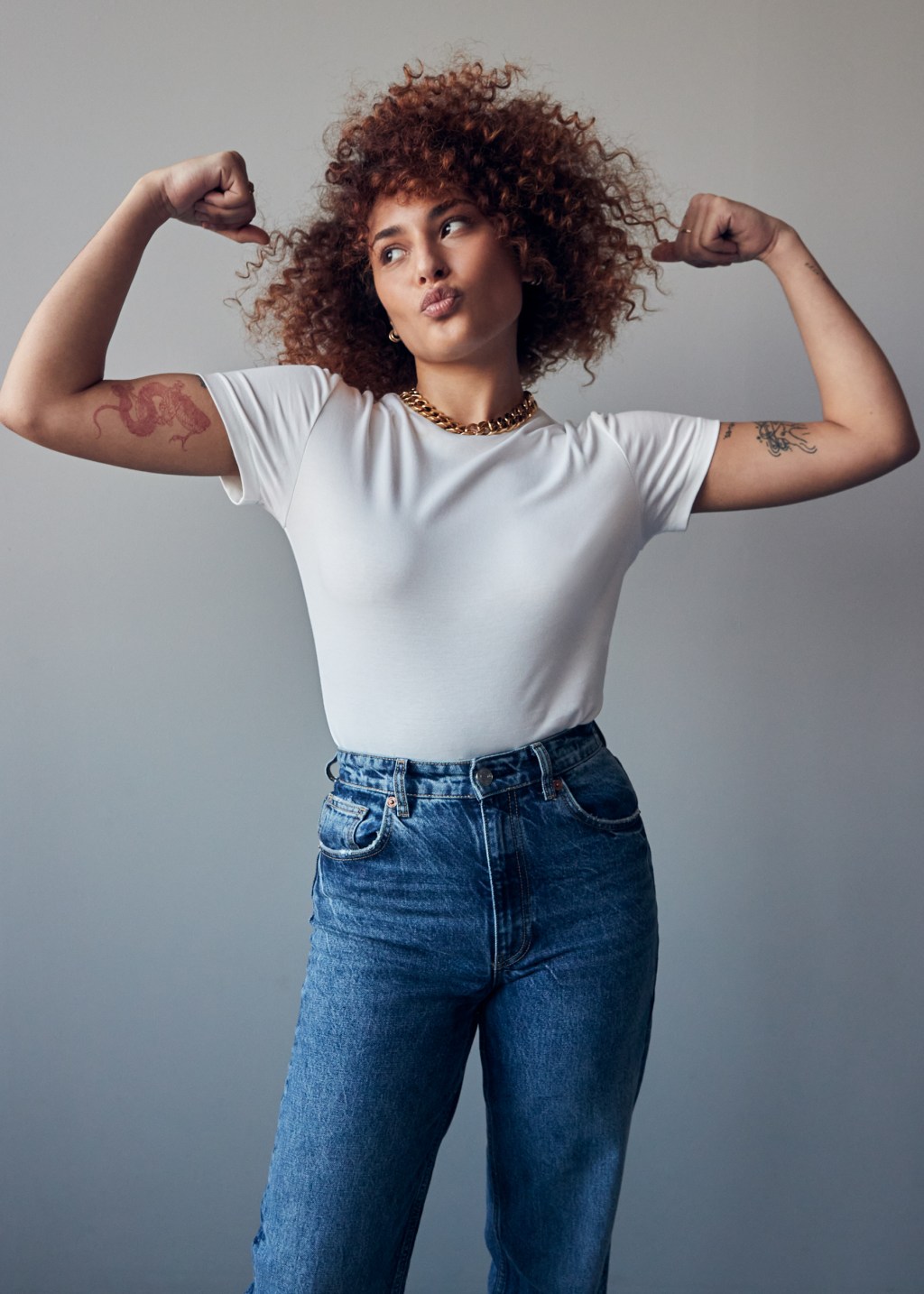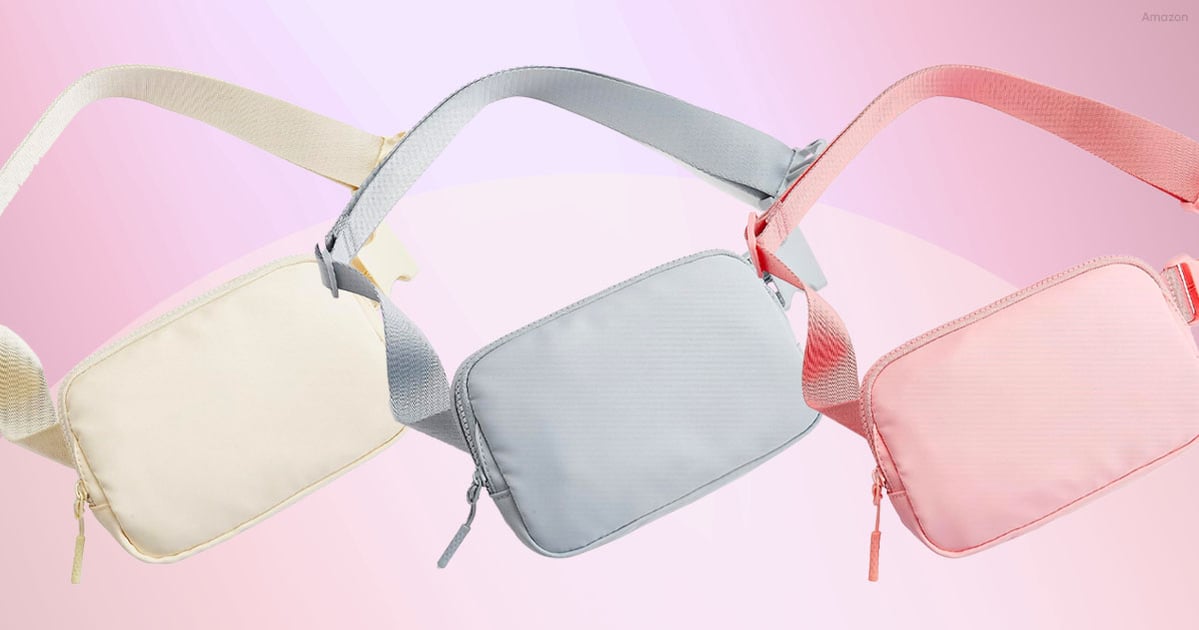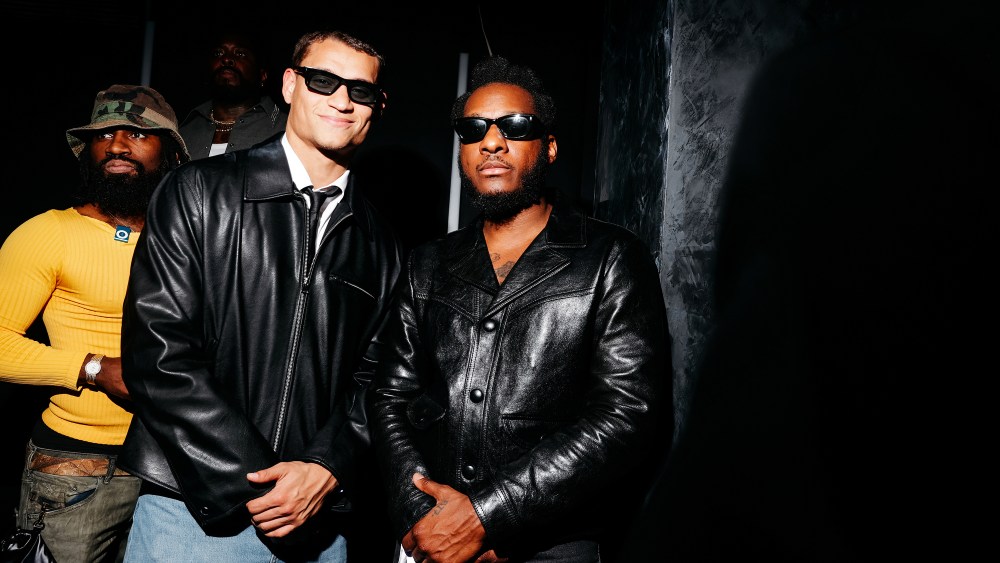While capital investments are routine for major brands, independent business owners usually need to mull them over more.
That was the case for Who Shirt Company founder Libby Haan before she decided to buy an elastic fabric cut molding machine from New Pads Industry. The prospect of “adding something to the menu of New York manufacturing as opposed to subtracting from it” was her motivation, Haan said.
The $23,000 investment in the machinery, which included costs tied to freight and customs, is sizable for an independent business owner, she said. So much so that she is making the machinery available to other companies — allowing them to rent time for its use — through MCM, the Industry City factory where it is housed in Brooklyn. Interested parties can contact her or MCM to inquire about availability, according to Haan, who said that it won’t be “cost prohibitive” in order to encourage use by other companies.
As a New York resident, Haan is eager to increase production here. Given how many consumers will pay $9 for a loaf of locally made bread from the farmer’s market, Haan aims to create a similar sensibility through the provenance of where Who Shirt is made. “The most important thing for me was creating a supply chain that can be made in America, but specifically in New York,” she said.
The decision to invest in the equipment indirectly stemmed from James Dyson via David Sendra’s podcast ”Founders.” Haan said one of her takeaways was Dyson’s emphasis on the importance of controlling as much of the supply chain as possible. That resonated with Haan, who had the factory that she was working with in Colombia shut down temporarily three times during the pandemic.
Through Nesli Danisman of the Angora Group, a strategic product management consultancy for socially conscious brands, Haan was connected with the Taiwan-based New Pads Industry and decided to buy the machine outright. Such manufacturing capabilities can be found in Sri Lanka, China and Colombia, but it is more scarce in the U.S., according to Haan. The founder will introduce the first Who Shirt style using the technology this spring — a jewel-neck T-shirt called “Toni” that will be offered in the color “cloud.” She is filing a patent for that product and plans to do the same for all of the other styles that will use the machinery, she said.
The new machinery can be used to create an internal bra that requires no underwire or straps and is substantially more supportive that the bandeau that is offered in Who Shirt items.
Confident that others would will be interested in using the machine, Haan said she was inspired partially by the financial sacrifices that Dyson had made in the early years of his business. “If we’re interested in continuing American manufacturing, we have to have the manufacturing capabilities of other countries,” she said.


